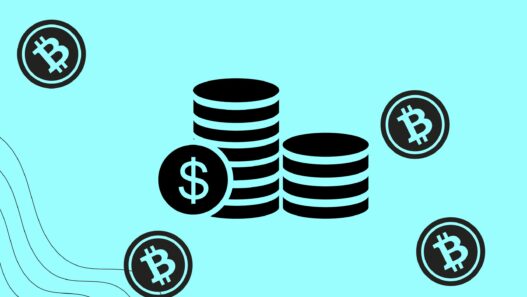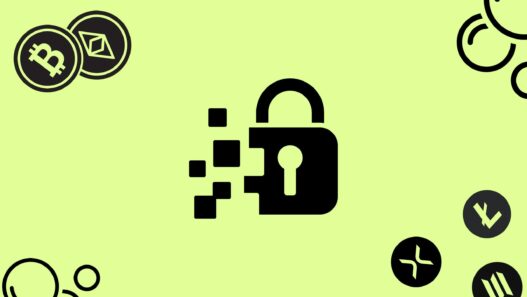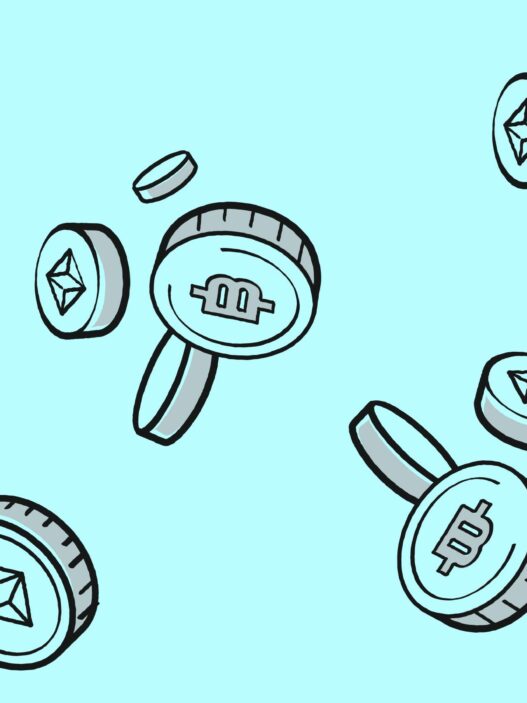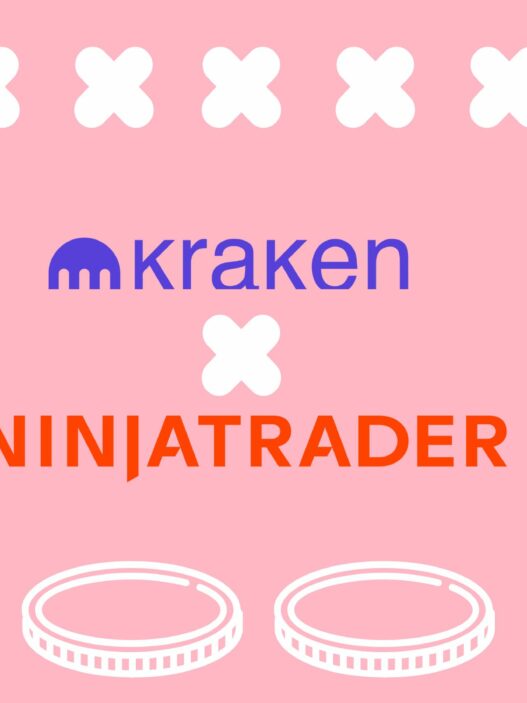The cryptocurrency industry is constantly evolving, with digital assets gaining increasing mainstream acceptance. However, this rapid expansion has also given rise to fraudulent schemes targeting unsuspecting investors. Recently, CoinMarketCap issued an urgent warning regarding scams falsely using its brand to deceive users. This article delves into the specifics of these scams, their impact, and how investors can protect themselves from becoming victims.
The Nature of the Scam
CoinMarketCap, one of the leading platforms for cryptocurrency price tracking and market analysis, has reiterated that it does not offer investment services or accept user funds. Despite this, scammers have been leveraging its brand to trick investors into fraudulent schemes. These schemes often involve impersonation tactics, phishing attempts, and fake investment opportunities that promise unrealistically high returns.
One major concern is that bad actors are using the CoinMarketCap name and logo to create fake websites, emails, and social media accounts. Users are lured in with the false promise of exclusive investment opportunities, only to have their funds stolen upon depositing money or sharing sensitive financial information. CoinMarketCap has stressed that it never asks users for financial transactions and does not offer investment products.
Spike in Crypto Scams on X (formerly Twitter)
The surge in crypto scams is not limited to CoinMarketCap impersonations. Social media platforms, particularly X, have seen an alarming rise in impersonation scams. Reports indicate that fake accounts promoting crypto-related frauds have increased by 87% since November 2024. Blockchain analysts have recorded over 300 fake crypto-related accounts being created daily, highlighting the growing threat to investors.
Scammers frequently hijack or mimic high-profile accounts to post deceptive investment opportunities, often including phishing links that steal user credentials. In one recent case, victims lost over $3 million after clicking malicious links and approving fraudulent transactions. These developments emphasize the need for increased vigilance within the crypto community.
How Scammers Operate
Scammers employ various sophisticated techniques to defraud crypto investors. The most common methods include:
- Impersonation Scams: Fraudsters create fake social media accounts and websites impersonating legitimate entities like CoinMarketCap, cryptocurrency exchanges, or blockchain firms. Users are tricked into sending funds to scam wallets.
- Phishing Attacks: Attackers use fake emails or websites that mimic well-known platforms, asking users to enter their login credentials. Once obtained, these details are used to drain accounts.
- Pump-and-Dump Schemes: Fake investment opportunities encourage users to invest in obscure cryptocurrencies, only for the scammers to sell off their holdings after prices are artificially inflated.
- Fake Airdrops and Giveaways: Scammers promise free cryptocurrency in exchange for a small ‘verification’ deposit. Once the user sends funds, the scammers disappear.
- Malware and Wallet Drainers: Fraudulent software or browser extensions disguised as legitimate crypto tools can secretly drain wallets once permissions are granted.
CoinMarketCap’s Response
In light of these scams, CoinMarketCap has reinforced its commitment to user security. The platform has made it clear that it:
- Does not accept deposits for any form of investment.
- Has no official representatives soliciting investments via social media or email.
- Does not operate from a single office (such as Singapore, where some fraudulent claims have originated).
Users are urged to verify information exclusively through CoinMarketCap’s official website and customer support channels before engaging with any financial opportunity. Any suspicious activities should be reported to CoinMarketCap immediately.
Protecting Yourself from Crypto Scams
Given the increasing sophistication of crypto fraud, it is vital for investors to adopt proactive measures to protect their assets. Here are some best practices:
- Verify URLs and Official Channels – Always check that you are on the legitimate CoinMarketCap website (https://coinmarketcap.com) before entering sensitive information. Be wary of similar-looking domain names.
- Enable Two-Factor Authentication (2FA) – Adding an extra layer of security to crypto exchange accounts and wallets can prevent unauthorized access.
- Avoid Clicking Suspicious Links – Many phishing scams rely on users clicking links embedded in fake emails or social media posts.
- Do Not Share Private Keys – Your wallet’s private key should never be shared, as it grants full access to your funds.
- Use Reputable Exchanges and Wallets – Stick to well-known platforms that have strong security measures in place.
- Report Suspicious Activities – If you come across potential scams, report them to the appropriate authorities, including CoinMarketCap and law enforcement agencies.
- Stay Updated on Scam Alerts – Follow trusted crypto news sources and forums to stay informed about emerging threats.
Words of Advice
The recent scam warning issued by CoinMarketCap underscores the growing threat of crypto fraud and the need for heightened awareness among investors. As the crypto industry continues to evolve, scammers will continue to exploit new opportunities. By staying informed, exercising caution, and following security best practices, users can safeguard their investments and avoid falling victim to fraudulent schemes. Always remember: if an investment opportunity sounds too good to be true, it probably is.
Disclaimer: This content reflects the author’s personal perspective and is influenced by market conditions. Before investing in cryptocurrencies, conduct thorough research and due diligence. Neither the author nor the publication is liable for any financial losses you may incur.






















